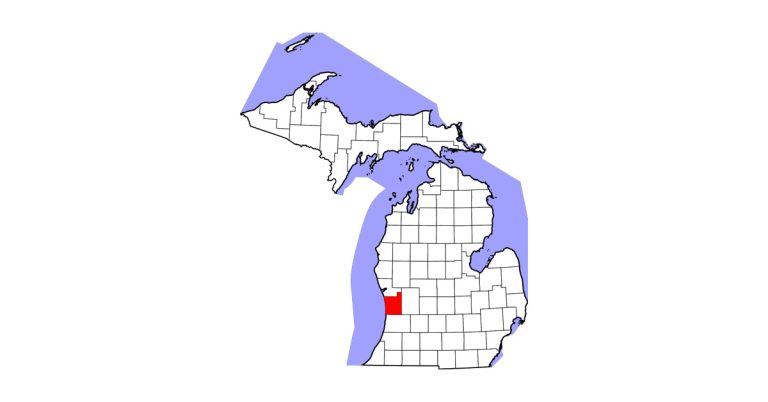Strangles: Serious, But Not Often Fatal
Due to its contagious nature, outbreaks of the bacterial disease strangles, which can cause serious complications, periodically occur. This can send owners scrambling to protect their horses.
Owners are justifiably concerned because












